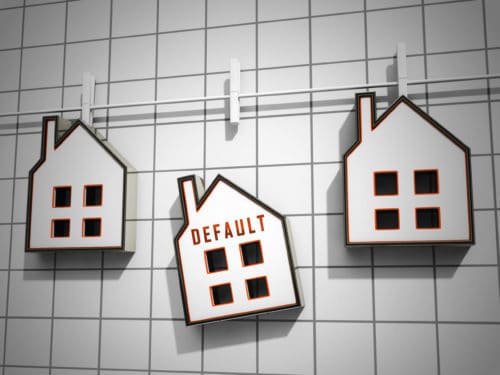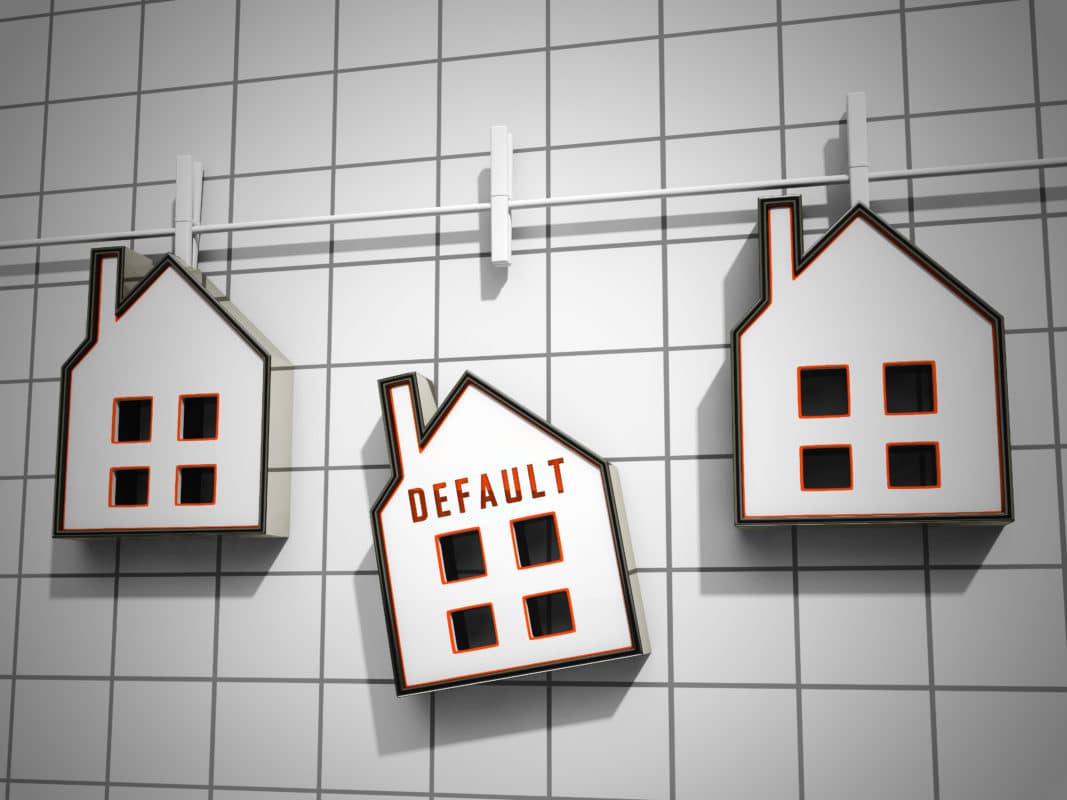The Basics of Strategic Default
Some home purchases are not the best financial decision. Unfortunately, continuing to pay off your mortgage on a poor housing choice can lead to stress and monetary instability. While paying off your home mortgage is ideal, this option may not be the best tactic even when financially possible. This is especially true when a mortgaged property’s valued price is lower than the cost still due on the mortgage itself, resulting in negative equity. In the case of a poor investment, a strategic default could benefit you in the long run.
What is Strategic Default?
When a person makes a poor investment decision on a home, they may end up owing more money on a house than what the house is actually worth. When this happens, a strategic default is an option. A strategic default is essentially a planned foreclosure. Though the borrower may be able to afford payments, continuing to make those payments will lead to further monetary loss.
The borrower can then default, or give up their home, by ceasing to make payments. A strategic default differs from a traditional foreclosure default because the latter often struggle financially and can’t afford to make their mortgage payments. The former makes a deliberate choice to default on payments due to a bad business decision.
Planning a Default

This will help you understand what you can and can’t afford after your foreclosure. Following this step, it’s often beneficial to hire a knowledgeable lawyer or attorney who is familiar with the default process. They will walk you through the preparation of your state’s foreclosure rules and regulations and ensure you understand that the timeline for recuperating from a strategic default can take multiple years.
After these steps are laid out, prepare to move out of your house or negotiate an eviction notice. Lastly, acknowledge the possibility of a deficiency judgment taken against you. With all the proper steps taken, a strategic default could be more financially ideal than continuing to make your mortgage payments.
Consequences of a Strategic Default
It’s important to understand the negative consequences of strategic default. Though you may be able to reduce the amount of money you owe on your mortgage, there are various penalties to be aware of. First, your credit score will certainly suffer. Mortgage holders can expect to see up to 100 points, or more, of credit damage.
This takes time to rebuild. If your credit isn’t great, to begin with, this can lead to added stress. In addition to a credit score decrease, buying another home will pose to be difficult. Your default will show up as a foreclosure report, and with this, you will need to wait between 2 and 8 years to qualify for a new mortgage loan depending on the type and lender.
Given that many rental landlords also check credit, finding a place to stay after a strategic default is difficult. Lastly, you may have a deficiency judgment placed against you. If this occurs, you must pay the amount of money left on your mortgage debt after the lender sells the house.
For example, if your debt is $350,000 and the foreclosed house sells for $200,000, you may still have to pay the lender $150,000. With these consequences, it’s important to weigh the costs and benefits of going through a strategic foreclosure.
Schedule a Free Confidential Consultation Today
Going through a strategic default is difficult and emotionally tolling. Without knowledge of how foreclosure and defaults work, you may struggle through the process. For all the information you need about foreclosure and strategic defaults, hire an experienced debt relief attorney.
Our Foreclosure Defense Law Firm will walk you through everything you need to know about defaults and what to do after your foreclosure. With over 50 years of combined experience, our attorneys know just how to help you. Contact us to schedule a free consultation with an experienced foreclosure defense attorney to discuss your options today.

